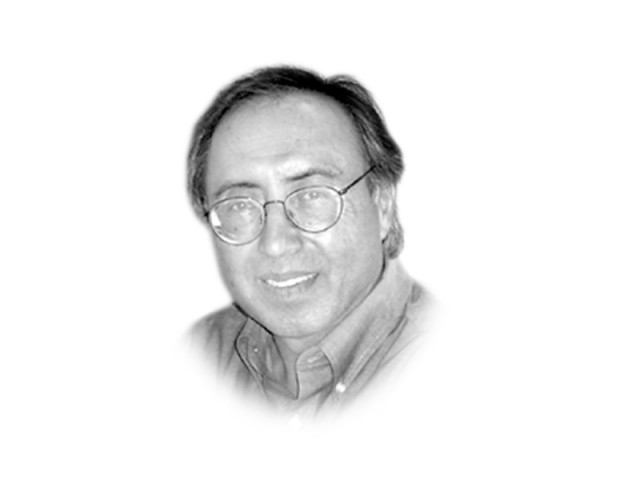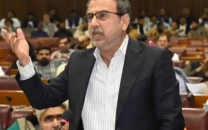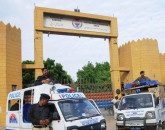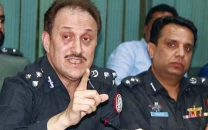Sindh’s changing political matrix
Sindh, among all the provinces, has become the centre of contestation as it seems to be slipping away from the PPP.

Sindh’s changing political matrix
Sindh, among all the provinces, has become the centre of contestation as it seems to be slipping away from the PPP. The PPP leaders — ruling from above and at a distance from ordinary Sindhis — have failed to gauge a slow but steady alienation of the party from the Bhutto clan. The party leadership has taken popular support and a sort of emotional attachment with the clan and its martyrs for granted. Politics is never a fixed social activity and it doesn’t remain frozen in time. This is quite clear if we read and reflect on the history of Pakistan and how many of its powerful players have come and gone. The wheel of history will keep turning and new movements, groups, leaders, slogans and alignments will keep emerging with the turn of major events.
Besides symbolic politics of emotions and ‘sacrifices’, the PPP built its support base through the network of influential dynastic political families. This has been its coalition building strategy since the party moved away from its progressive ideology under Zulfikar Ali Bhutto. It moved away from the national progressive front of intellectuals, students, artists and masses to the dynastic politics. Unlike in other provinces, it embraced Sindhi nationalism that linked it quite effectively with the Sindhi youth, middle class and intellectuals. With this alignment, along with a nationalist posture on issues of major concern to Sindh, the PPP was able to keep nationalist groups on the political margins.
The last four years have changed many things for the PPP in Sindh that its leadership — which has been living in the past and banking on big money in the next general elections — is unable to grasp. Nationalist parties, though fragmented, have mobilised the same constituencies that the PPP had courted for the last three decades. The Sindhi middle class, the youth and the intellectuals have moved towards the nationalist parties. With Sindhi politics, however, like that of other provinces, being essentially dynastic, the nationalists can make an impact in some areas but not in the entire province. Nonetheless, they have achieved remarkable organisational capacity and learnt how to mobilise Sindh on certain issues. The PPP’s power politics in Sindh and the Sindh Peoples Local Government Ordinance have come as welcome gifts for the Sindhi nationalists. They have very effectively used Sindhi alienation and a sustained narrative of grievances — partly real and partly imagined — to their advantage.
They now have two new powerful allies: the new Pir Pagara — with a Sindh-wide organisation and social support — and the PML-N. The other two also realise that only a grand political alliance among the nationalists — the PML-Functional, the National Peoples Party and PML-N, all three with good numbers of dynastic political families in their fold — will work against the PPP. If they hold together, Sindh may not be the same anymore for the PPP.
Published in The Express Tribune, December 18th, 2012.


















COMMENTS
Comments are moderated and generally will be posted if they are on-topic and not abusive.
For more information, please see our Comments FAQ